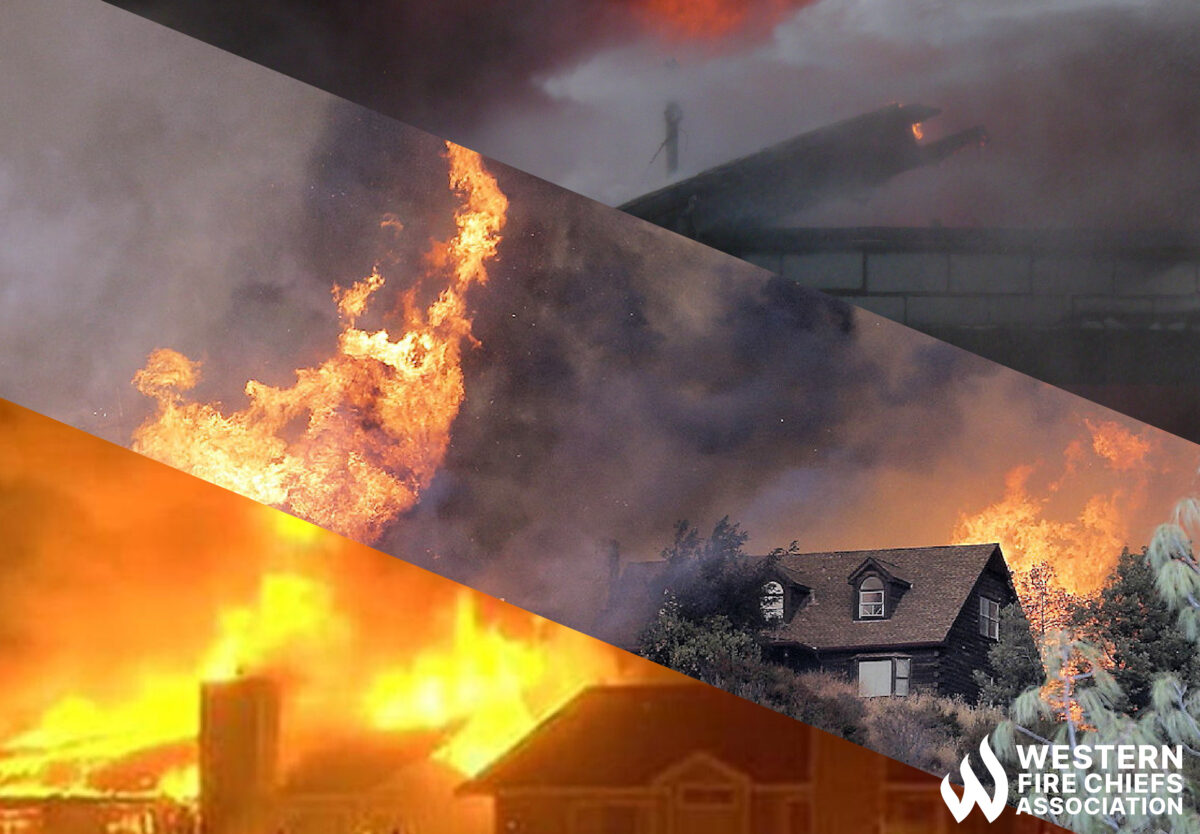Fire Pit Safety Tips
Stay safe around the campfire with tips from the Western Fire Chiefs Association. Learn essential precautions and practices for a worry-free outdoor campfire.
Stay prepared and know what to do if a wildfire burns down your house. Learn essential steps and safety measures to navigate the aftermath with guidance from the WFCA.
Published:August 29, 2023
Edited:March 1, 2024

Stay prepared and know what to do if a wildfire burns down your house. Learn essential steps and safety measures to navigate the aftermath with guidance from the WFCA.
If your house burns down in a wildfire, it can be an incredibly devastating and overwhelming experience. Not only do you have to deal with the loss of your home, but also the emotional toll it takes on you and your loved ones. In such a situation, it’s important to prioritize safety and take immediate action. While the journey to recovery may be challenging, with the right support and resources, you can rebuild and start anew.
First, promptly notify your insurance company about the loss of your home to begin the claims process. Your insurance company will guide you through the necessary steps and documentation that is required.1 Next, notify your mortgage lender about the incident and they can provide guidance on any necessary steps regarding your mortgage and insurance payout.2 Then, utility providers, such as electricity, gas, and water companies, will need to be contacted to suspend or transfer services.3
Fire victim homeowners should prioritize obtaining a fire report by requesting a copy from the local fire department or the relevant authorities. It encompasses details about the fire, including its cause, the extent of damage, and any pertinent details or observations. This report will be useful for insurance claims and other documentation purposes.4 Fire victims are also encouraged to seek assistance from disaster relief organizations such as the Red Cross or local government agencies. These agencies will help with immediate needs such as housing, food, and other essentials.
Homeowners insurance can provide coverage for wildfires, but it’s important to understand the specifics of your policy. Here’s what you need to know:
Remember, each insurance policy is unique, so it’s essential to review your own policy and consult with your insurance provider for precise details about coverage, claim procedures, and available benefits.
It is important to note, that homeowners are still responsible for making mortgage payments even if the home is lost in a wildfire. In some cases, mortgage lenders may temporarily suspend mortgage payments while you rebuild or find alternative housing. This is known as a forbearance or payment deferment. The insurance payout from the claim you file will typically go towards paying off the remaining mortgage balance. If there is a shortfall, you may need to work out a repayment plan with your lender. Moreover, it’s important to communicate openly with your mortgage lender and insurance company to ensure a smooth process and understand the specific details of your situation. If there are any remaining funds from your insurance payout, it can be used as you see fit.10
To prepare for the potential loss of your home and belongings in a wildfire, consider taking the following steps:
Stay safe around the campfire with tips from the Western Fire Chiefs Association. Learn essential precautions and practices for a worry-free outdoor campfire.
Discover essential firework safety tips to ensure a dazzling display without accidents. Learn how to celebrate responsibly with expert guidance from WFCA.
Explore the role of AI in wildfire prediction with guidance from the WFCA. Learn how advanced algorithms and data analytics enhance early detection and response.